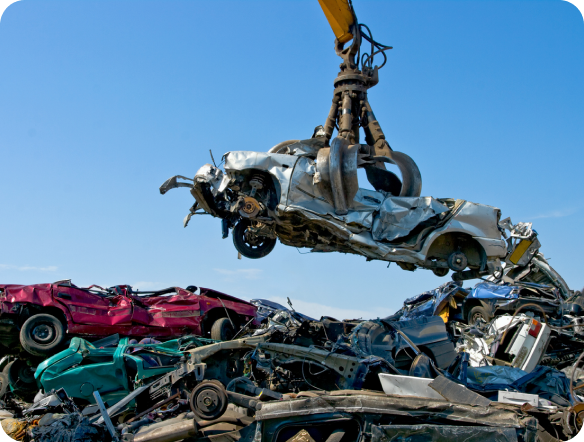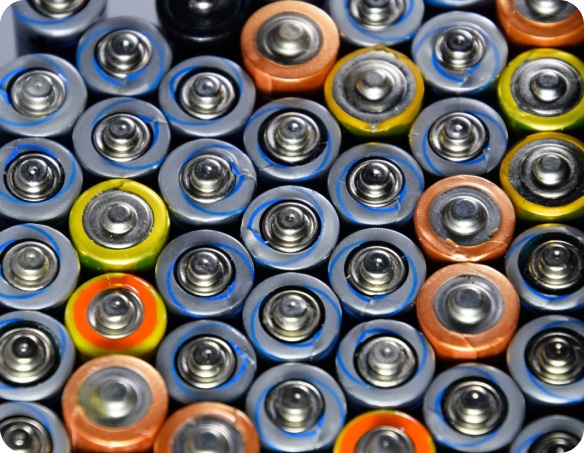Why Shredding Matters
Shredding metal is vital for recycling and contributes to a circular economy. It allows materials to be reused as raw materials, reduces landfill waste, and helps conserve natural resources. Shredded metals are critical for sustainable manufacturing and energy conservation.




